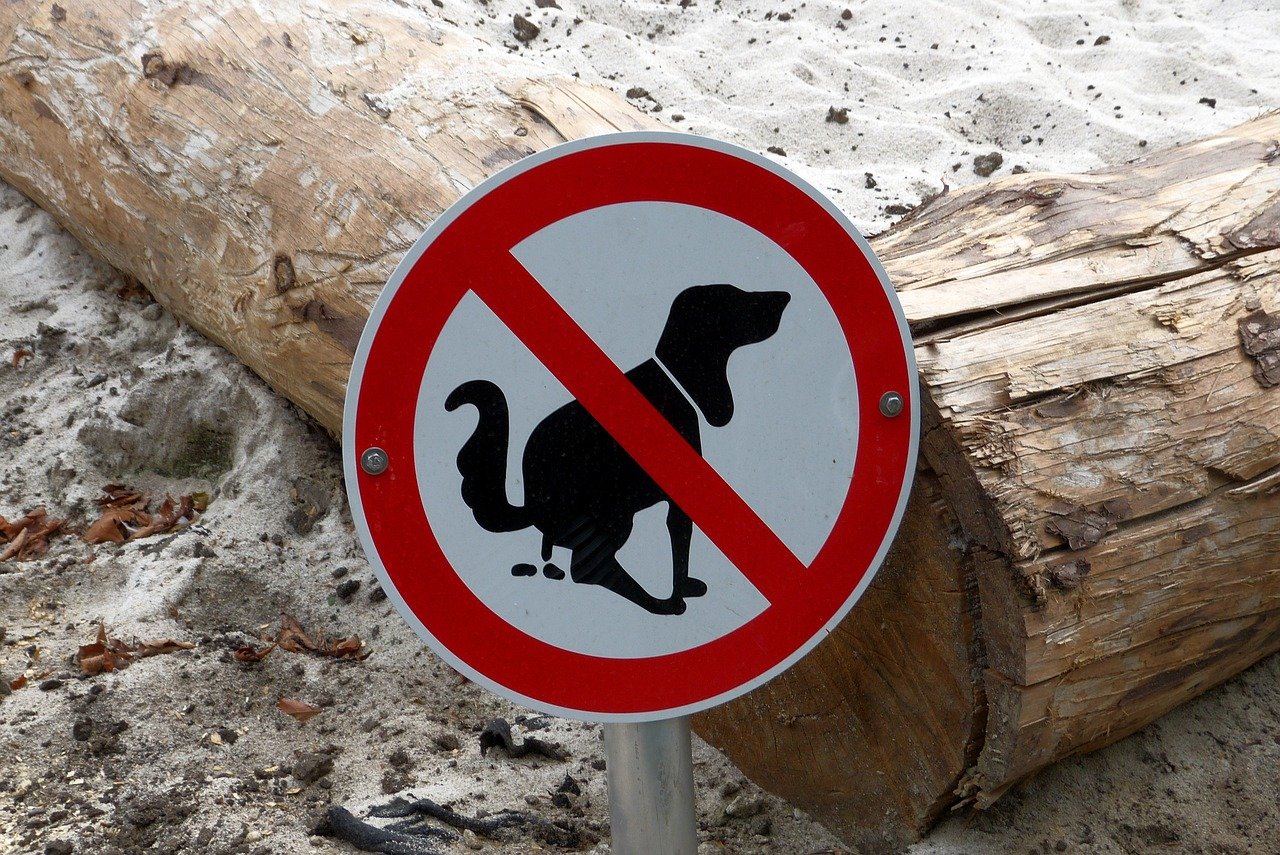
The Fascination with Feces: An Overview Why Do Dogs Roll in Poop
Dogs do roll in poop, and this is a behavior that, while perplexing to many pet owners, is not as uncommon as one might think. This peculiar action can be observed in various canine breeds, indicating a potential instinctual link rather than a mere peculiar quirk. From an evolutionary perspective, this behavior may have roots in the survival tactics of their wild ancestors, who relied on scent as vital information within their environment. The act when dogs do roll in poop could have served as a means to mask their own scent from prey or predators, providing them a better chance of survival in the wilderness.
The types of feces that dogs exhibit an attraction to are quite varied, ranging from that of fellow canines to wildlife and livestock. The specific allure of these substances can be attributed to the rich assortment of scents contained within. Dogs possess a keen sense of smell, which far surpasses that of humans. As such, the odors of other animals’ feces may deliver a plethora of information, from dietary habits to the social dynamics of animal groups. This sensory exploration may be an inherent trait meant to inform their own behaviors or social interactions.
Moreover, the fascination with feces could be linked to play behavior. While humans often interpret this action in a negative light, for dogs to roll in poop may serve as a form of engagement with their environment. Just as dogs enjoy to bury bones and roll in grass or dirt, the addition of poop matter provides a heightened sensory experience. This demonstrates that what appears as an undesirable behavior may actually be rooted in complex canine instincts and environmental interactions that extend far beyond human interpretation.
Instincts and Ancestry: A Look Back
To understand why do dogs roll in poop, we must delve into the evolutionary behaviors inherited from their wild ancestors, particularly wolves and foxes. These canines relied heavily on their sense of smell for communication, survival, and hunting. Scent-marking, a fundamental practice among wild canids, served multiple purposes, including territory establishment and attracting mates. When dogs do roll in poop, it may be instinctively attempting to mask its own scent, blending into its environment as a means of camouflage from predators or prey.
The act when dogs do roll in poop might also be linked to behavioral signals in the wild. Wolves, for example, have been observed carrying scents from their surroundings back to their pack, sharing information about their travels or indicating potential food sources. In this context, rolling in poop could serve a similar purpose, as dogs may be instinctually motivated to collect and convey unique scents to communicate with others in their pack. By embracing the scent of fecal matter, they may be providing their companions with critical information about their environment.
Scent Communication: Dogs and Their Sense of Smell
Dogs possess an extraordinary sense of smell, far superior to that of humans. This remarkable olfactory ability allows dogs to perceive the world primarily through scent, enabling them to gather a wealth of information about their environment. A dog’s nose has approximately 220 million scent receptors, compared to a human’s 5 million. This vast difference allows dogs to detect odors at incredibly low concentrations, which plays a crucial role in their daily interactions and behaviors.
The way dogs utilize their sense of smell goes beyond mere recognition of familiar scents; it encompasses intricate forms of social and territorial communication. For instance, when a dog encounters the scent of another animal, it can glean data regarding that animal’s age, health, sex, mood, and even its reproductive status. This information is vital in establishing a dog’s place within a social hierarchy, aiding in both social bonding and territorial marking.
When dogs do roll in poop, it can be interpreted as a complex form of communication. From their perspective, the act serves multiple purposes. Firstly, by covering themselves in this scent, dogs may seek to mask their own scent, allowing them to blend into their surroundings more effectively. This behavior can be traced back to their ancestors, who may have employed similar tactics to increase their hunting success.
Additionally, to roll in poop may help dogs to communicate with other animals. The scent left by other creatures can convey important details about their presence and status, essentially acting as a form of social information exchange. Thus, for dogs, this behavior is less about the act to roll in poop itself but more about the messages embedded within the scents. Understanding these olfactory mechanisms enhances our comprehension of why dogs exhibit such unique behaviors, particularly when they do roll in poop.
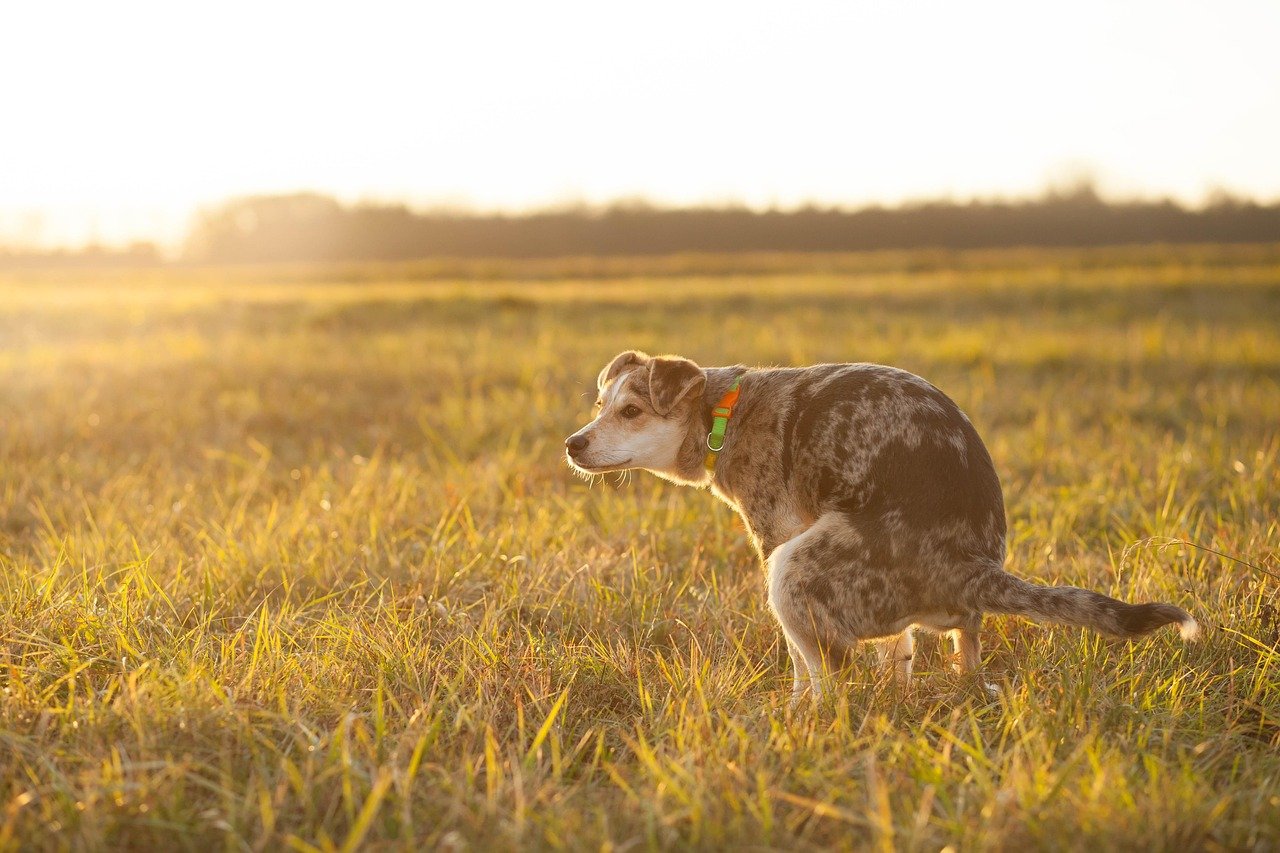
Understanding Behavioral Triggers: When and Why Do Dogs Roll in Poop
Dogs exhibit a variety of behaviors that can sometimes perplex their owners, one of which is the tendency to roll in poop. Understanding the situations that might trigger this behavior is essential for pet owners seeking to manage or interpret their dog’s actions appropriately. Several environmental and individual factors influence why dogs engage in this seemingly bizarre behavior.
Environmental factors play a significant role in a dog’s inclination to roll in poop. Scent is one of the primary reasons why dogs might gravitate towards feces and roll in poop; the odors emitted can contain chemical markers that appeal to their keen sense of smell.
Areas like dog parks or wooded trails may have higher concentrations of appealing smells, causing dogs to feel compelled to roll in the poop they encounter during walks or play. These scents could also represent information about other animals in the vicinity, which can pique a dog’s curiosity and encourage exploratory behaviors.
Different Breed – Different Poop
Individual differences among dogs also significantly affect this behavior. A dog’s breed, background, and prior experiences can shape its reactions to certain stimuli. For example, breeds with a history of hunting or tracking may be more prone to this behavior as a method for masking their scent or blending in with their environment.
Dogs that have had limited exposure to social environments or have experienced stress may also roll in poop as a way to comfort themselves or release pent-up energy, combining elements of excitement and instinct in their actions.
Moreover, curiosity often drives dogs to investigate their surroundings, including feces from other animals. This exploration can stem from an innate desire to gather information or from simply engaging in playful behavior. Understanding these triggers can aid owners in anticipating and better responding to their dog’s needs, ultimately fostering a more harmonious relationship between dog and owner.
Health and Safety Concerns: Risks to Dogs When Roll in Poop
When dogs do roll in poop may seem like a humorous behavior, but it can pose serious health risks. This peculiar action often exposes dogs to various parasites and bacteria that thrive in fecal matter. Common parasites, such as roundworms and hookworms, can be transmitted through contaminated feces.
These worms can lead to gastrointestinal issues, including vomiting and diarrhea, and particularly endanger puppies, which may experience severe health complications. Furthermore, dogs can contract bacterial infections like Salmonella or E. coli, which can be particularly harmful to both the dog and the humans they interact with.
Beyond parasitic and bacterial risks, feces can contain harmful toxins. For instance, if dog do roll in poop from an animal that has ingested something toxic, this behavior might expose the dog to dangerous substances. Additionally, dog owners should be concerned about the potential for ingestion of these harmful materials, as dogs are prone to licking their coats, further increasing the risk of health complications.
To mitigate these risks, dog owners must prioritize their pet’s health by ensuring vaccinations are up to date, as these immunizations help protect against certain diseases. Regular veterinary check-ups are essential for overall health monitoring and early detection of any potential issues stemming from exposure to fecal matter. Awareness of the environment is crucial; avoiding areas where animals might defecate, such as local parks or fields, can help decrease the likelihood of dogs to roll in poop.
In conjunction with environmental monitoring, maintaining a clean living environment for pets is vital. Regular grooming and bathing can reduce the risk of infections associated with feces. As difficult as it may be to prevent dogs from rolling in tempting scents, understanding and managing these behaviors is essential for maintaining your dog’s health and well-being.
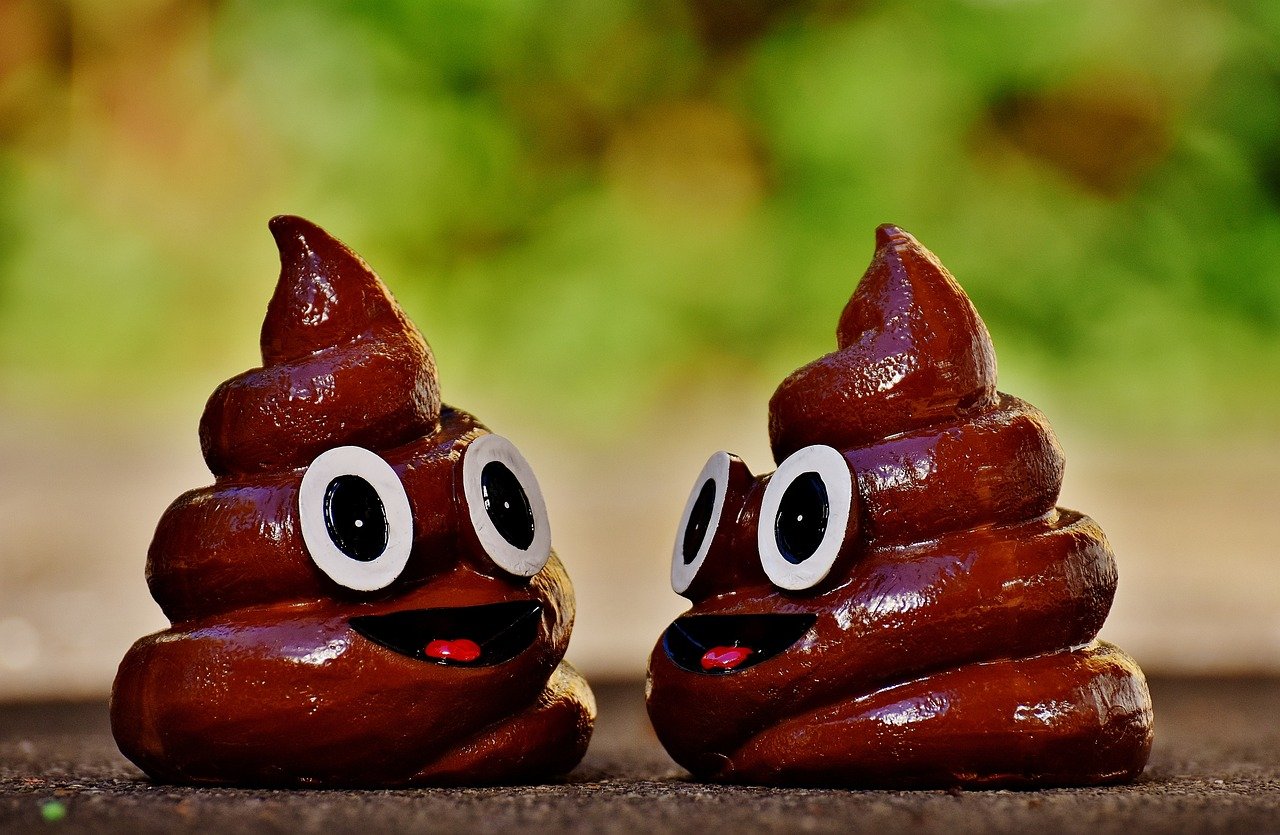
Cleaning Up After Dogs That Roll in Poop: Tips for Dog Owners
Managing the behavior of dogs who have a tendency to roll in poop requires a thoughtful approach from dog owners. One effective strategy is to redirect this behavior by providing alternative options for sensory exploration. For example, incorporating more interactive playtime and exploring diverse environments can encourage dogs to engage in less undesirable activities. Taking dogs on walks where they can discover natural scents may satisfy their instinct to explore without gravitating toward excrement.
Training techniques are also beneficial in addressing this issue. Positive reinforcement methods can be employed, whereby owners reward their pets for following commands like “leave it” or “come.” Consistency is crucial, as training sessions should be regular and positive to reinforce desired behaviors. Additionally, socializing dogs with other dogs that display appropriate behaviors can serve as a model for your pet, encouraging good habits.
Another important aspect of pet ownership involves hygiene practices, particularly after an encounter with feces. Owners should be equipped with the right supplies to clean their dogs effectively. Dog wipes, pet-safe shampoos, and brushes are essential tools for removing odors and residues promptly. It’s advisable to give your dog a thorough wash after such incidents, paying attention to their fur and skin to prevent irritations. Furthermore, maintaining cleanliness in your home is vital; regularly washing dog bedding and vacuuming common areas helps minimize unpleasant odors and keeps living spaces tidy.
By implementing these strategies, dog owners can significantly reduce the likelihood of their dogs to roll in poop. Although it may require patience and dedication, creating a more controlled environment will enhance both the wellbeing of the dog and the overall hygiene of the household.
Embracing Quirks and Behaviors: Accepting Dogs that Roll in Poop
In the realm of pet ownership, embracing the unique quirks of dogs, such as rolling in poop, represents a crucial aspect of fostering a healthy and loving relationship between dogs and their owners. While such behaviors may seem perplexing or even repulsive from a human’s perspective, they are often manifestations of instinctual actions rooted deeply in canine nature. Understanding that dogs do roll in poop can stem from an ancestral trait, such as camouflage or communication with other animals, offers a broader view of their behavior. Furthermore, many dog owners notice that their pets engage in this behavior as a means of marking territory or expressing their excitement during outdoor adventures.
This acceptance nurtures a bond built on compassion and understanding. As caretakers, it’s vital for dog owners to acknowledge that their pets communicate and experience the world differently than we do. Viewing these odd behaviors with empathy allows owners to appreciate the multifaceted personality of their dogs. Instead of responding with frustration or disgust when a dog rolls in poop, it becomes beneficial to redirect that energy towards positive reinforcement training and open-minded dialogue about canine instincts. This approach transforms potentially negative situations into opportunities for growth, both for the dog and its owner.
Moreover, accepting these idiosyncrasies can lead to a more enriched, fulfilling relationship. By allowing dogs the space to express their natural behaviors while providing guidance and a foundation of care, owners can cultivate an environment where dogs feel secure and understood. Ultimately, fostering an accepting attitude not only enhances the bond between dogs and humans but also equips owners with the tools to nurture their pets’ individuality in a way that promotes overall happiness and well-being.

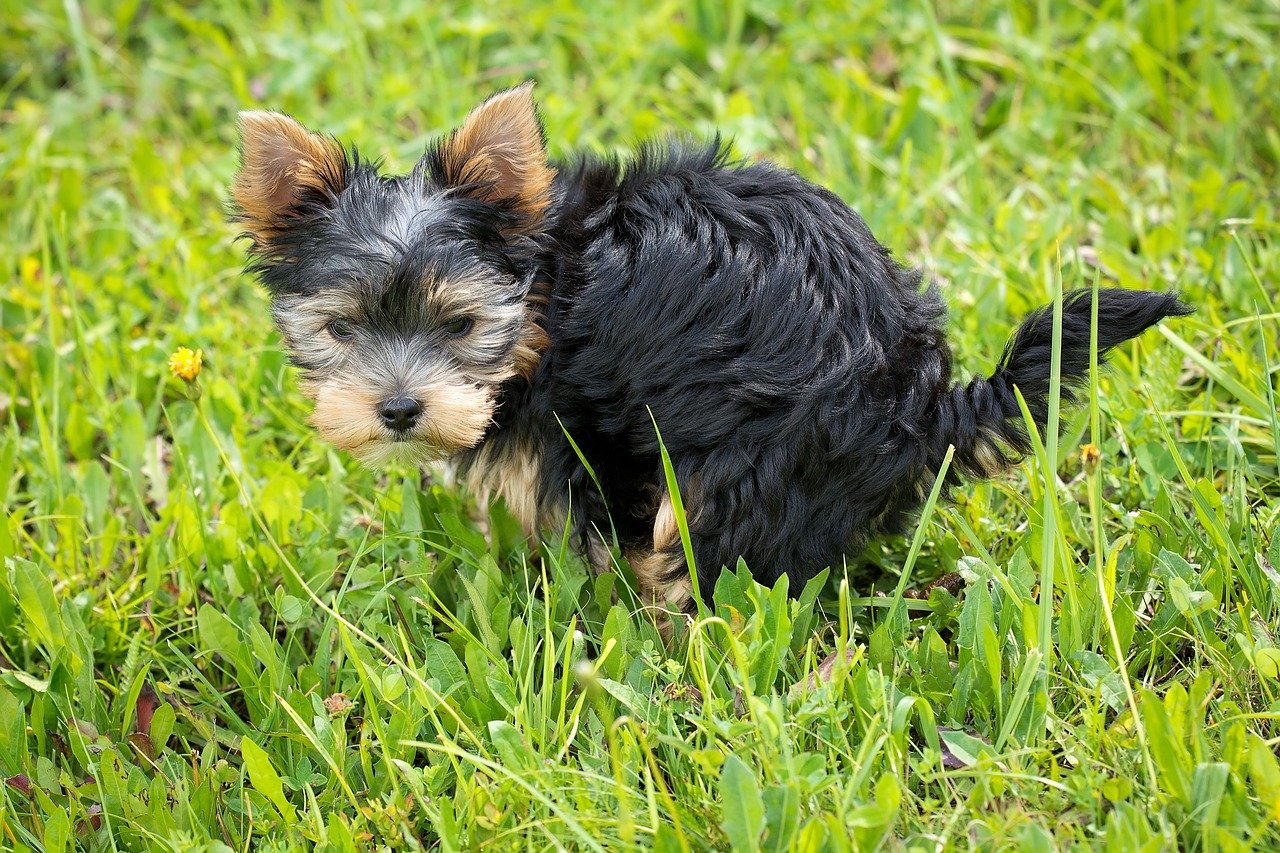

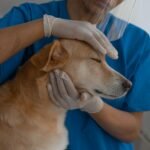

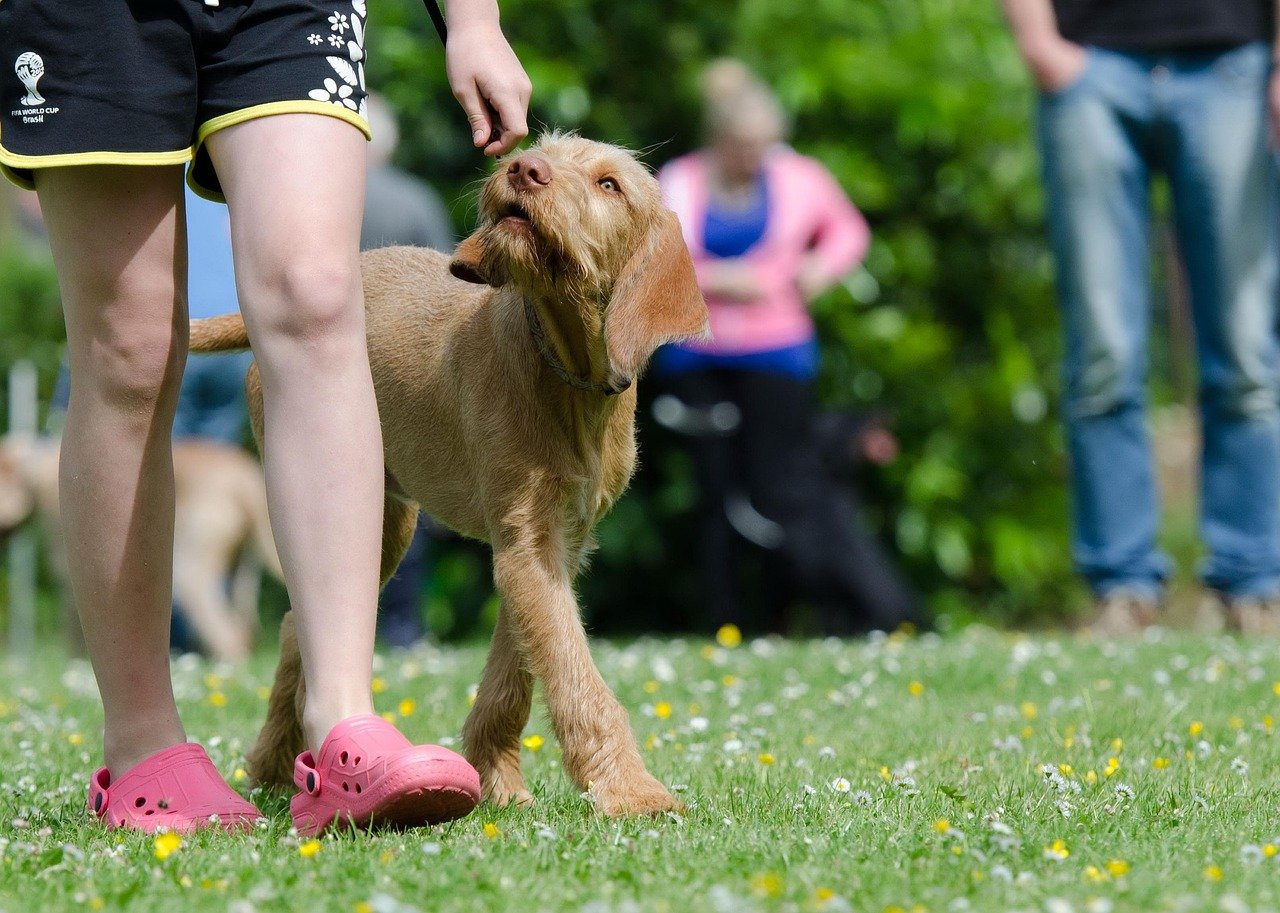

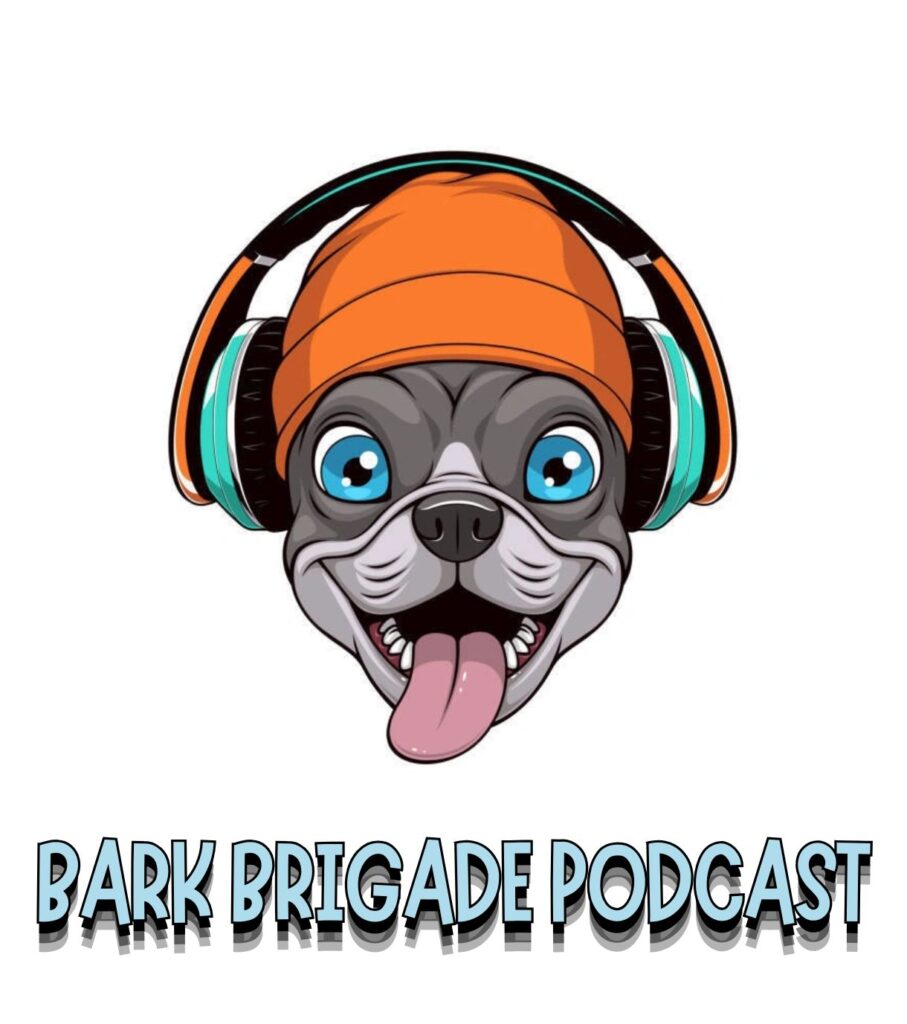
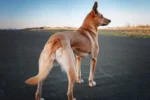

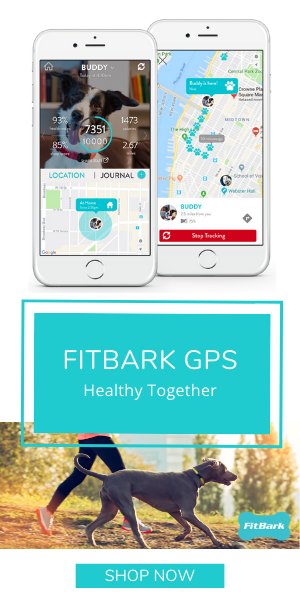
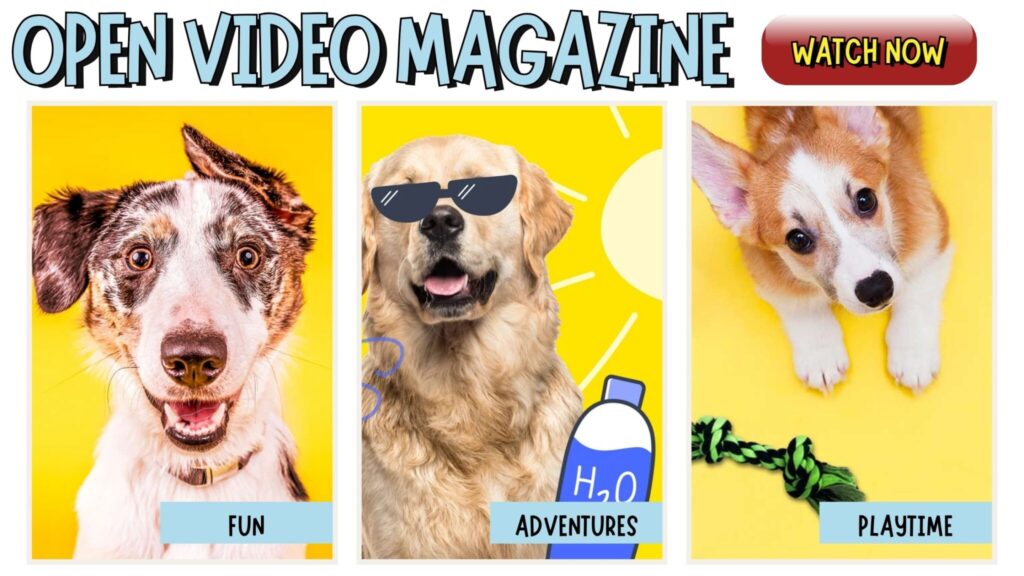
2 Comments
Thanks for this article, I was always wondering why my dogs do this and roll in poop and other stinky garbage if they found outside, especially oft the aroma of the poop or other dead animal/garbage is powerful